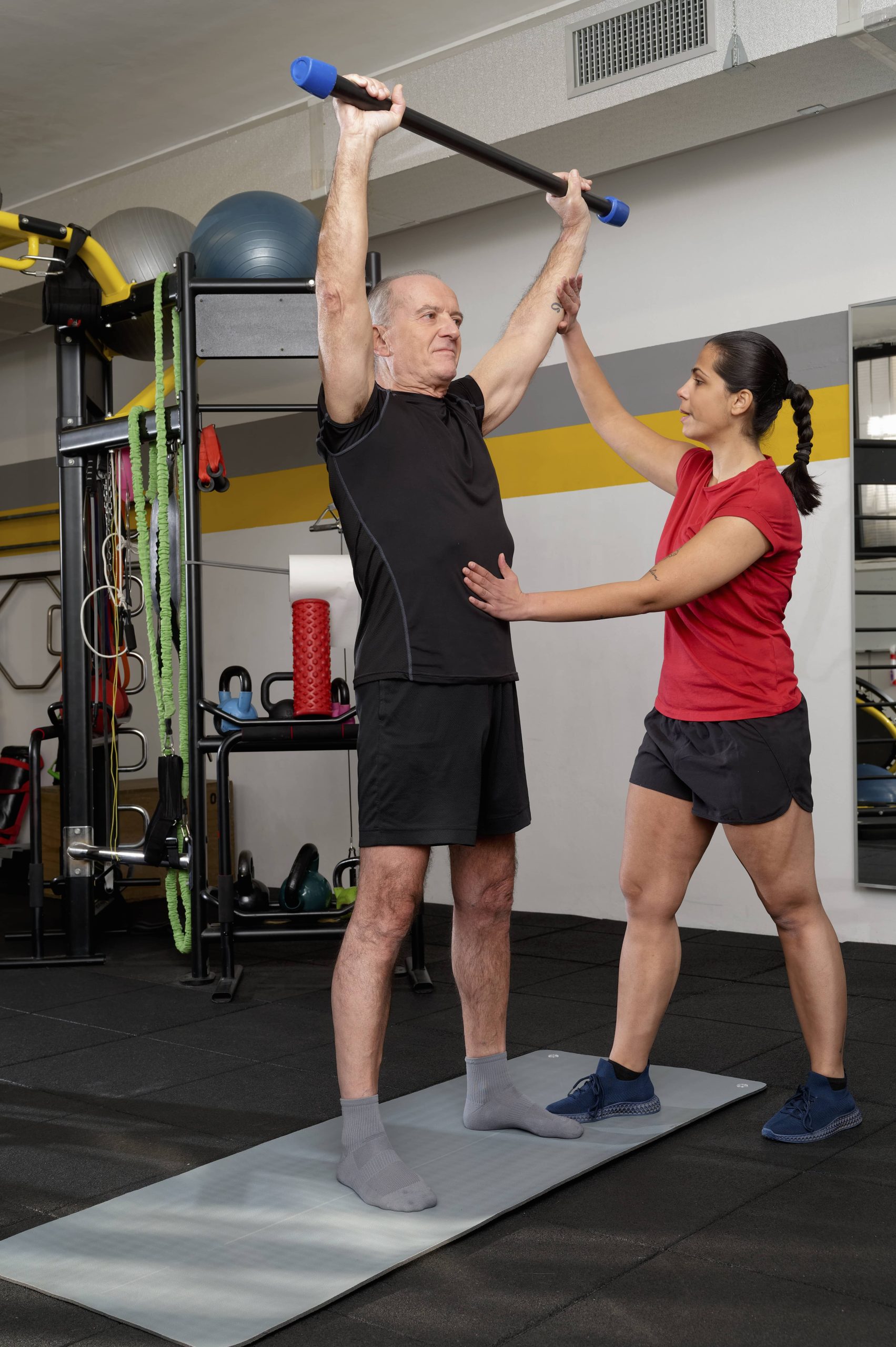
In our fast-paced world, sleep often takes a backseat to the demands of daily life. Yet, the importance of a good night’s sleep cannot be overstated. It is during sleep that our bodies repair, rejuvenate, and prepare for the challenges of the next day. However, achieving restful sleep is a struggle for many. The good news is that incorporating fitness into your routine can significantly enhance the quality of your sleep. In this blog post, we will explore how fitness transforms sleep quality and provide practical tips to help you unlock restful nights.
The Connection Between Fitness and Sleep
Understanding Sleep Stages
Before delving into how fitness impacts sleep, it’s essential to understand the different stages of sleep. Sleep is divided into two main types: Rapid Eye Movement (REM) and Non-Rapid Eye Movement (NREM) sleep. NREM sleep is further divided into three stages, each playing a crucial role in physical and mental recovery. REM sleep, on the other hand, is associated with dreaming and cognitive functions.
How Exercise Affects Sleep
Regular physical activity has been shown to improve sleep quality by influencing these sleep stages. Exercise increases the amount of time spent in deep NREM sleep, which is the most restorative phase. This means that your body has more time to repair tissues, build bone and muscle, and strengthen the immune system.
Moreover, exercise helps regulate the body’s internal clock, known as the circadian rhythm. This rhythm dictates when we feel awake and when we feel sleepy. By engaging in regular physical activity, you can help synchronize your circadian rhythm, making it easier to fall asleep and wake up at consistent times.
The Science Behind Fitness and Sleep
Hormonal Balance
Exercise influences the production of hormones that play a role in sleep regulation. For instance, physical activity increases the production of endorphins, which are known to reduce stress and promote relaxation. Additionally, exercise can help regulate the levels of cortisol, a hormone associated with stress. Lower cortisol levels can lead to a more relaxed state, conducive to falling asleep.
Temperature Regulation
Physical activity raises your body temperature, and the subsequent drop in temperature post-exercise can promote sleepiness. This drop mimics the natural decrease in body temperature that occurs as you prepare for sleep, signaling to your body that it’s time to rest.
Mental Health Benefits
Exercise is a powerful tool for improving mental health, which in turn can enhance sleep quality. Regular physical activity reduces symptoms of anxiety and depression, both of which are common culprits of sleep disturbances. By improving your mood and reducing stress, exercise can help you achieve a more restful night’s sleep.
Practical Tips for Using Fitness to Improve Sleep
Timing Your Workouts
While exercise is beneficial for sleep, the timing of your workouts can make a difference. Engaging in vigorous exercise too close to bedtime can have the opposite effect, making it harder to fall asleep. Aim to finish intense workouts at least three hours before bedtime. However, gentle exercises like yoga or stretching can be done closer to bedtime to promote relaxation.
Consistency is Key
To reap the sleep benefits of exercise, consistency is crucial. Aim for at least 150 minutes of moderate aerobic activity or 75 minutes of vigorous activity each week, as recommended by health experts. Consistent exercise helps regulate your sleep-wake cycle, making it easier to fall asleep and wake up naturally.
Incorporate a Variety of Exercises
Incorporating a mix of aerobic exercises, strength training, and flexibility exercises can provide comprehensive benefits for sleep. Aerobic exercises like walking, running, or cycling can improve cardiovascular health and promote deep sleep. Strength training helps build muscle and improve metabolism, while flexibility exercises like yoga can reduce stress and promote relaxation.
Listen to Your Body
While exercise is beneficial, it’s essential to listen to your body and avoid overtraining. Pushing yourself too hard can lead to fatigue and increased stress, which can negatively impact sleep. Ensure you have rest days and prioritize recovery to maintain a healthy balance.
Conclusion
Incorporating fitness into your routine is a powerful way to transform your sleep quality. By understanding the connection between exercise and sleep, you can make informed choices that promote restful nights. Remember to be consistent, listen to your body, and enjoy the journey towards better sleep and overall well-being. With dedication and the right approach, you can unlock the restful nights you deserve, waking up refreshed and ready to tackle each day with energy and vitality.
